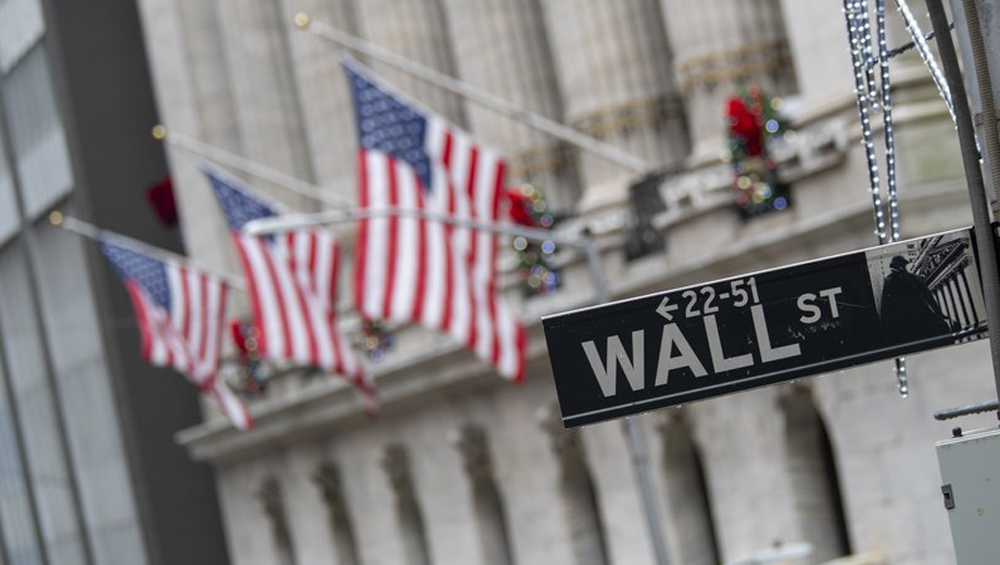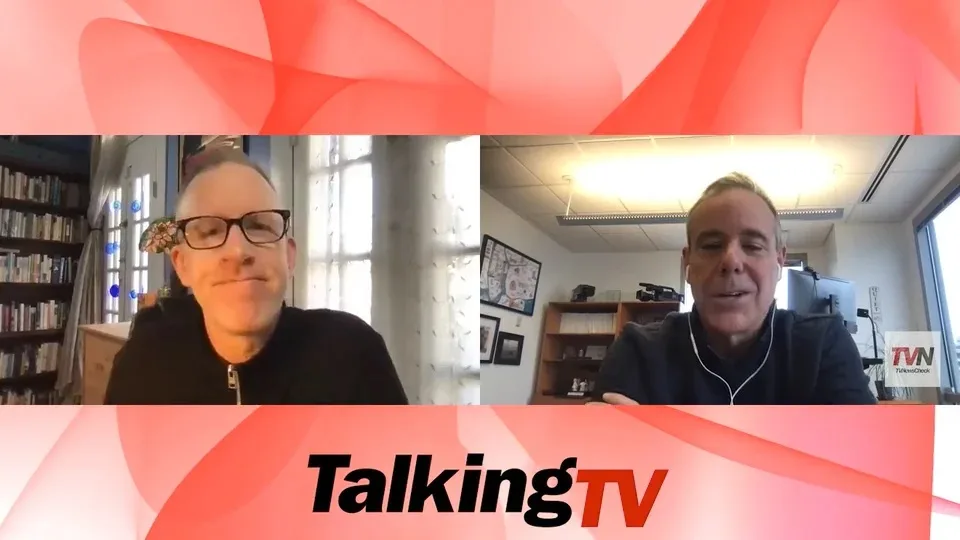
Dow Adds 57, Nasdaq Gains 121, S&P Ticks Up 12
NEW YORK (AP) — U.S. stocks ticked higher Tuesday as Wall Street continues to absorb the big swings that have shaken financial markets recently.
The S&P 500 rose 12.40 points, or 0.3%, to 4,378.38, as gains for some Big Tech stocks helped offset losses for the majority of stocks in the index. It’s the second straight quiet day for the index after months of heavy losses swiveled sharply to a rally last week, its best of the year.
The Dow Jones Industrial Average rose 56.74, or 0.2%, to 34,152.60, and the Nasdaq composite gained 121.08, or 0.9%, to 13,639.86.
TripAdvisor jumped 11% after reporting better results for the summer than analysts expected, while Emerson Electric sank 7.4% after falling short of expectations.
The majority of big companies has been topping estimates so far this earnings reporting season, but another factor has been much more influential in driving the stock market’s big swings since the summer: the bond market.
Treasury yields there eased Tuesday, with the 10-year yield falling to 4.56% from 4.66% late Monday.
Earlier in the summer, a swift rise in Treasury yields sent the stock market reeling. Yields were catching up to the Federal Reserve’s main interest rate, which is above 5.25% and at its highest level since 2001 in hopes of getting high inflation under control. High rates and yields hurt stock prices, slow the economy and raise the pressure on the entire financial system.
But yields eased sharply last week after investors took comments from the Federal Reserve to indicate it may finally be done with its hikes to interest rates. Inflation has been moderating since peaking in the summer of 2022, and the recent jump in Treasury yields may be acting like a substitute for more rate hikes.
Of course, Fed Chair Jerome Powell also cautioned last week that more hikes may still come if the rise in Treasury yields does not stay “persistent.”
Another Fed official, Gov. Michelle Bowman, said Tuesday she still expects the need to raise the federal funds rate further, but she voted to hold steady at the last meeting in part because the outlook for the economy is so uncertain. She also said it’s still too early to know how the summer’s run higher in Treasury yields will affect the economy and inflation.
More speeches by Fed officials this week could prove to be the biggest movers of financial markets, with relatively few high-impact economic reports on the calendar. Depending on what Fed officials say, that could portend a quieter week for financial markets, which have had quick triggers.
“When narratives shift, the market response is often fast and ferocious, with the initial reaction providing the best returns,” said Jason Draho, head of asset allocation Americas at UBS Global Wealth Management.
Elsewhere on Wall Street, homebuilder D.R. Horton gained 2.9% after reporting better results for the latest quarter than analysts expected.
Uber Technologies rose 3.7% after swinging between gains and losses through the morning. It reported a bigger profit than expected, but its revenue growth was not as strong as forecast.
Shares of WeWork were not trading after the office-sharing company filed for Chapter 11 bankruptcy protection. It’s a stunning fall for the company that had promised to upend the way people went to work around the world. After earlier being valued at $47 billion, its stock plunged 98.5% this year.
In the oil market, crude prices tumbled to continue their own sharp recent swings.
A barrel of benchmark U.S. crude dropped $3.45 to settle at $77.37 and is back to where it was in July, before the latest Israel-Hamas war raised worries about potential disruptions to supplies.
Brent crude, the international standard, lost $3.57, to $81.61.
Oil prices fell as worries continue about how much fuel the world’s second-largest economy will burn. China reported its exports fell 6.4% in October from a year earlier, the sixth straight monthly decline, while imports rose 3%, the first such increase in over a year. The trade surplus fell to $56.5 billion.
Stocks fell 1.6% in Hong Kong and by less than 0.1% in Shanghai, joining losses across much of the rest of Asia. Drops were more modest for stock indexes in Europe.
AP Business Writers Matt Ott and Elaine Kurtenbach contributed.































Comments (0)